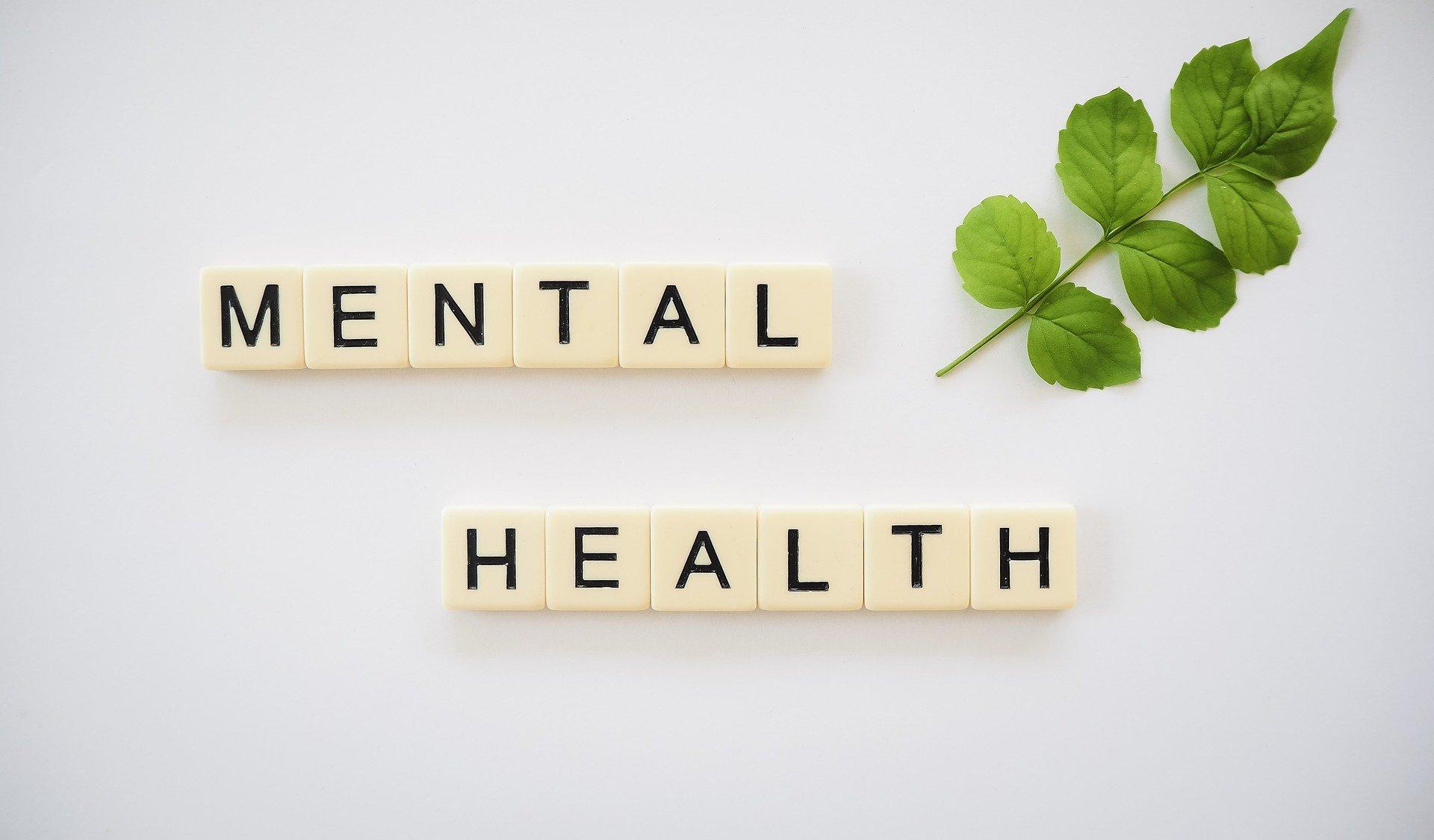Good mental health is just as important as physical health. These areas of health are inextricably linked and can directly impact each other. While mental health can seem more complicated, several simple factors can positively influence it.
Looking after your mental health doesn’t mean that you will never feel down. It is normal for humans to experience a full spectrum of emotions and experience periods where certain emotions are dominant. However, when you have a good sense of mental wellbeing, you will feel more positive with a better capacity to cope with life’s challenges.
The New Economics Foundation (NEF) has identified five action steps to improve personal wellbeing. These are:
We will address some of these in this article, where we offer our best tips for mental wellbeing. The following advice may not be helpful for anyone with severe mental illness. Please consult with a professional for further advice.
Connection with others is crucial on many levels. It helps you build healthy relationships with friends, family, colleagues, and the wider community. When you feel connected, you will be more likely to tap into support networks for help when you need it.
Connections with others help you to avoid feelings of loneliness. They also instill a sense of belonging and allow you to feel supported. There are many ways to connect with others. Two examples include laughing with an old friend on the phone or bonding with a new one over a cup of tea.
Be careful to avoid relying on digital connections. They can play a role in positive mental wellbeing, but they may also have the opposite effect.
Being physically active is great for your physical health, and it also promotes mental wellness. The endorphins released during exercise have mood-boosting benefits and can help you to feel more positive. Exercise can reduce stress and anxiety levels AND improve confidence and self-esteem. It can also instill a sense of accomplishment, whether from completing an exercise session or achieving a long-term goal. All of these factors affect general mental wellbeing.
Choose a physical activity that is enjoyable for you. You will gain more mental health benefits from doing what you want to do rather than what you think you have to do. A long, slow walk or jog could be a form of active relaxation that helps you feel a sense of escapism. Or, releasing negative energy in a boxing or HIIT session might be just what you need. Do the type of movement that feels right for you.
Mindfulness can help you recognize thoughts and feelings and let them pass. Negative thoughts and the emotions that come with them can adversely affect mental wellbeing. Mindfulness is a tool to help you take notice of thoughts, feelings, sensations, and emotions. It focuses on present awareness and can offer a sense of perspective. Use it in any area of life, including exercise and nutrition.
[Find out more in “Mindful Eating | What it is and How to Practice it”].
Journalling is a helpful tool for reflection. It helps you connect with yourself and acknowledge your thoughts and feelings. In turn, you may be able to process your emotions more easily. Doing so allows you to move forward in a more positive mental space.

The role of nutrition for mental health is often overlooked. Yet eating a balanced diet is crucial for feeling good, both physically and mentally. Research suggests that nutrition can have a significant impact on mood and mental wellbeing. The good news is that the foods that help your physical body also help you feel better mentally.
Nutrition is crucial for mental health on several levels. A few examples include:
Overwhelm can be a source of stress and anxiety. Decide what needs to be on your to-do list and take steps to reduce your workload. Media breaks can help you break away from negative feelings. Workday rest breaks can offer a change in scenery to help you feel better mentally. Vacations will help you to relax, rejuvenate, and recharge.
Gain a feeling of mental wellbeing by creating some consistency in your lifestyle. Go to bed and get up at the same time each day. Get into a routine of regular food shopping and meal preparation. Simple actions lead to healthy habits that will help you feel better physically and mentally.
[Find out more in “How to Build Better Health and Fitness Habits”].
There are many other lifestyle areas you can focus on to improve mental wellbeing. These include:
Improving your mental health should not feel overwhelming. Start with a small step that resonates with you, and build on it over time.
Learn and apply the 5-step journey we use to help clients transform their health and firnes from home
Plus get our best tips, blogs and motivation from the nationwide team every week.
Your email address will only ever be used to send you health & fitness tips, in accordance with our Privacy Policy
